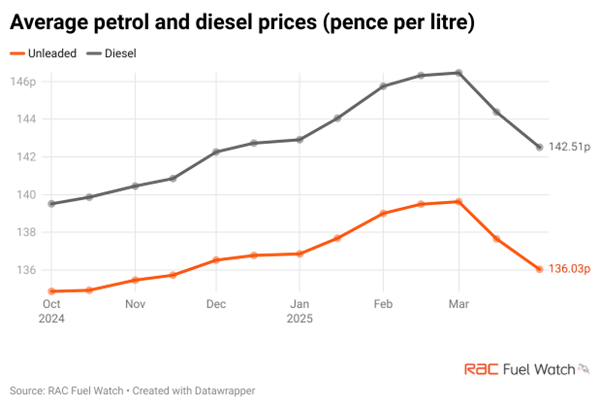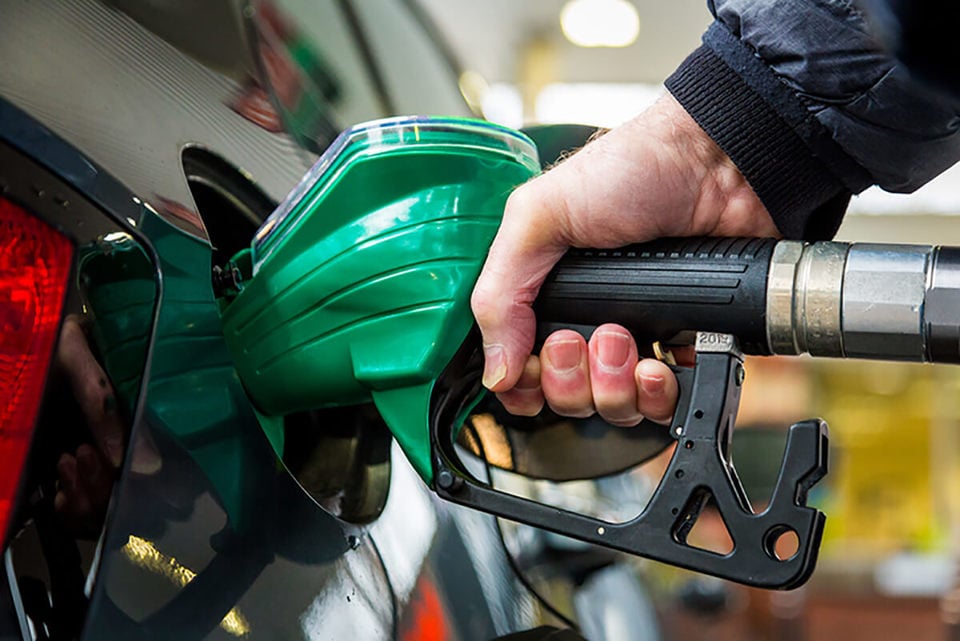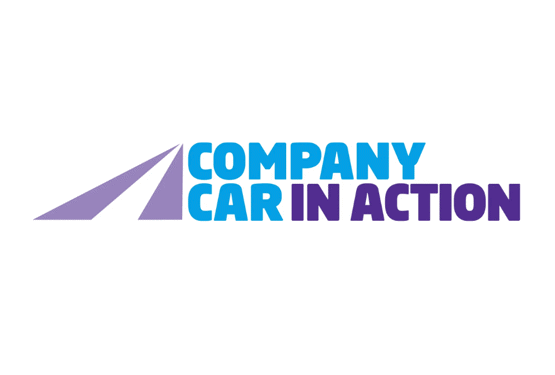Fleets will have been buoyed to see petrol and diesel prices fall for the first time in six months in March, but any respite may be short-lived with wholesale costs increasing, says the RAC.
At the end of March, the average price of a litre of unleaded stood at 136.03p – nearly 4p down (3.6p) on the cost at the start of the month (139.62p), and a price last seen in late November 2024.
This means drivers are now paying £74.82 to fill a typical family-sized car with a 55-litre tank, nearly £2 less than they were at the beginning of March.
The average cost of a litre of diesel, meanwhile, fell just as sharply, down 4p in March from 146.46p to 142.51p, its lowest since early December 2024.
This makes the cost of filling a family-sized car with diesel stand at £78.38, £2.17 less than at the start of March.
RAC analysis of local pump price data shows that some supermarket and even non-supermarket forecourts are charging under 126p for a litre of unleaded – a whole 10p a litre less than the UK average.
Diesel can be found for 131p a litre in some locations, an amazing 11p less than the UK average – a saving of £6 on tank.
In Northern Ireland, drivers once again enjoyed the lowest prices overall, with no motorist there paying any more than 137p a litre for petrol and 141p for diesel.

Prices fell in March as a result of the cost of oil dipping below $70 and wholesale fuel prices – those that retailers pay when buying the fuel in the first place – coming down soon afterwards.
Despite pump prices falling, however, the RAC believes they should have dropped further than they have, given the extent to which wholesale costs have fallen.
Through most of March, these costs were at their lowest levels since early October, but with some retailers taking larger margins on the fuel they sell, this stopped pump prices coming down any further, claims the RAC.
RAC head of policy Simon Williams said: “It’s a shame prices on forecourts haven’t fallen further and faster, but this reflects the higher margins many retailers are now choosing to take – something the Competition and Markets Authority (CMA) acknowledged earlier this week in its latest report.
“Ultimately, it’s drivers who lose out – especially those who live in areas where there’s little or no competition among forecourts.
“We hope the CMA’s new powers to scrutinise prices will be the catalyst for fairer prices everywhere, along with the Government forcing retailers to publish prices within 30 minutes of changing them.
“We also fear that today’s lower petrol and diesel prices could be rather short-lived. Crude oil prices are once again starting to edge up and if this is sustained, it’s likely to lead to higher wholesale costs and the end of falling pump prices.
“This is another reason it’s so important drivers shop around to ensure they pay the least they can for fuel.”





















Login to comment
Comments
No comments have been made yet.